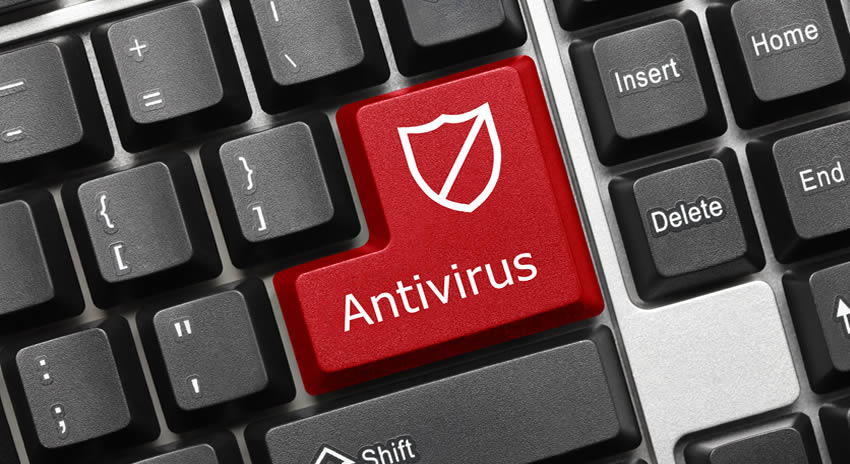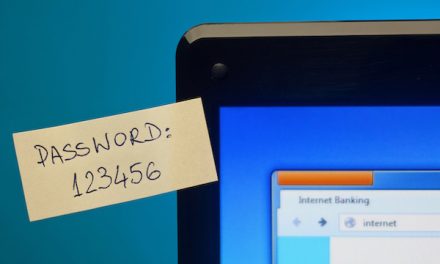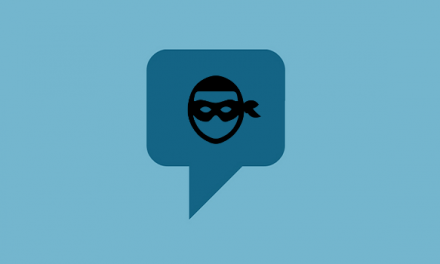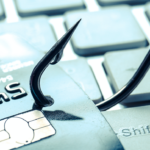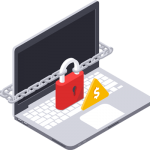I can’t believe the naivety of some folk! Only last week I had to help a colleague with her home computer that was “not working” The computer was full of viruses. She had no anti-virus software on her computer and she seemed convinced that because she was “not connected to the Internet” she wouldn’t get a virus on her computer.
She failed to consider that perhaps the flash disks that she brought from work and the pirated game CDs that her children were using on her PC were the source of her virus infections…
This is the second article about computer security and concentrates on anti-virus and anti-spyware programs:
-
Use an AntiVirus Software – It is very important that your computer has an antivirus software running on your machine. By having an antivirus program running, files and emails will be scanned as you use them, download them, or open them. If a virus is found in one of the items you are about to use, the antivirus program will stop you from being able to run that program and therefore infect yourself.
See this link for a listing of some online/stand-alone antivirus programs:
Virus, Spyware, and Malware Protection and Removal Resources
-
Update your AntiVirus Software – Every year you have to go to your doctor to get an anti-flu injection. You have to get one every year because the influenza virus mutates and adapts every year into a new strain. Computer viruses are the same! There is no point running an antivirus program if you do not make sure it has all the latest updates available to it. If you do not update the software, it will not know about any new viruses, trojans, worms, etc that have been released into the wild since you installed the program. Then if a new infection appears in your computer, the antivirus program will not know that it is bad, and not alert you when you run it and become infected. Therefore it is imperative that you update your Antivirus software at least once a week (Even more if you wish) so that you are protected from all the latest threats. If you are lucky then you will have an anti-virus product that will update itself automatically via the internet, but never blindly trust this. A large number of the more virulent viruses and trojans can deactivate your anti-virus software’s updating functions.
-
Install an Anti-Spyware Program – Just as you installed and use an antivirus program, it is essential these days to use a Spyware protection and removal program. These programs can be used to scan your computer for spyware, dialers, browser hijackers, and other programs that are malicious in nature. The 4 program that I recommend are SuperAnti-Spyware, Spybot – Search and Destroy, and Lavasoft’s Ad-Aware, and Windows Defender.A tutorial on using some of these programs can be found below:
Using Spybot – Search & Destroy to remove Spyware , Malware, and Hijackers
Using Ad-aware to remove Spyware, Malware, & Hijackers from Your Computer
-
Commercial Spyware Removal/Protection Programs – If you feel more comfortable installing a commercial Spyware removal program then I recommend WebRoot’s Spysweeper or Lavasoft’s Ad-Aware Professional. Both are fair products and a worthy addition to the arsenal of software protecting your computer.
Spysweeper Product Information
-
Occasionally Run Online Virus Scans – Unfortunately not all antivirus programs are created equal. Each program may find infections that other antivirus programs do not and vice-versa. It is therefore recommended that you occasionally run some free online antivirus scanners to make sure that you are not infected with items that your particular antivirus program does not know how to find. Three online scanners that we recommend are:
Every once in a while, maybe once every 2 weeks, run one or both of these scanners to see if they find anything that may have been missed by your locally installed antivirus software. Believe me, you will not regret it!
Next week, in the 3rd part of this blog article I will look at updating Windows, firewalls and some other useful tools to keep your computer safe and secure on the Internet…
David Wiles

